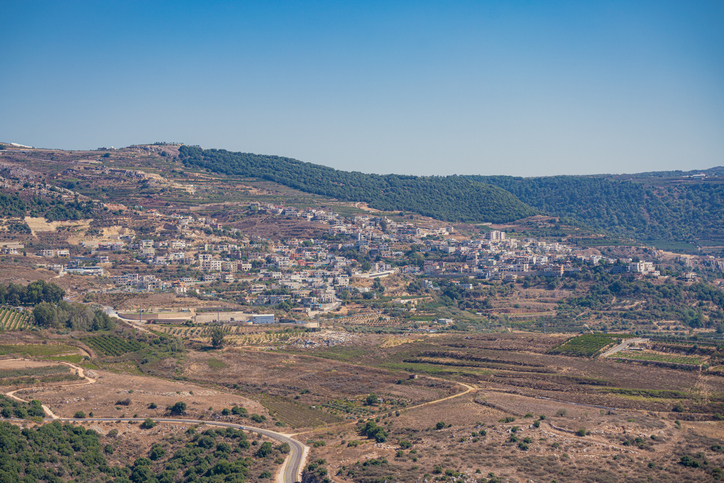The Israeli government has unanimously approved a comprehensive plan to expand settlements in the occupied Golan Heights, allocating more than $11.13 million to the initiative. The decision, announced Sunday, comes amid heightened regional tensions following recent political upheaval in Syria.
Prime Minister Benjamin Netanyahu, who proposed the plan, cited security concerns along Israel’s border with Syria as justification, pointing to what he called a “new front” following the fall of the Assad regime this month. The expansion initiative includes funding for education, renewable energy projects, a student village, and organizational development support for the Golan Regional Council to accommodate an influx of new residents.
Currently, the occupied Syrian Golan Heights has a population of approximately 50,000, evenly split between Israeli settlers and a mix of Druze, Alawite, and other communities. The new plan aims to significantly increase the Israeli settler presence in the region.
The announcement has triggered swift condemnation from multiple Arab nations. The United Arab Emirates denounced the decision through its Ministry of Foreign Affairs, reaffirming its commitment to Syria’s territorial integrity and warning of potential regional escalation. Qatar characterized the move as “a new chapter in a series of Israeli attacks on Syrian territories,” urging international intervention to halt the expansion. Saudi Arabia added its voice to the growing opposition, explicitly condemning the settlement plan.
The Golan Heights, captured by Israel during the 1967 Six-Day War and annexed in 1981, remains classified as occupied territory under international law. The United States stands alone in recognizing Israel’s annexation of the region, with the international community broadly rejecting Israeli sovereignty over the area.














